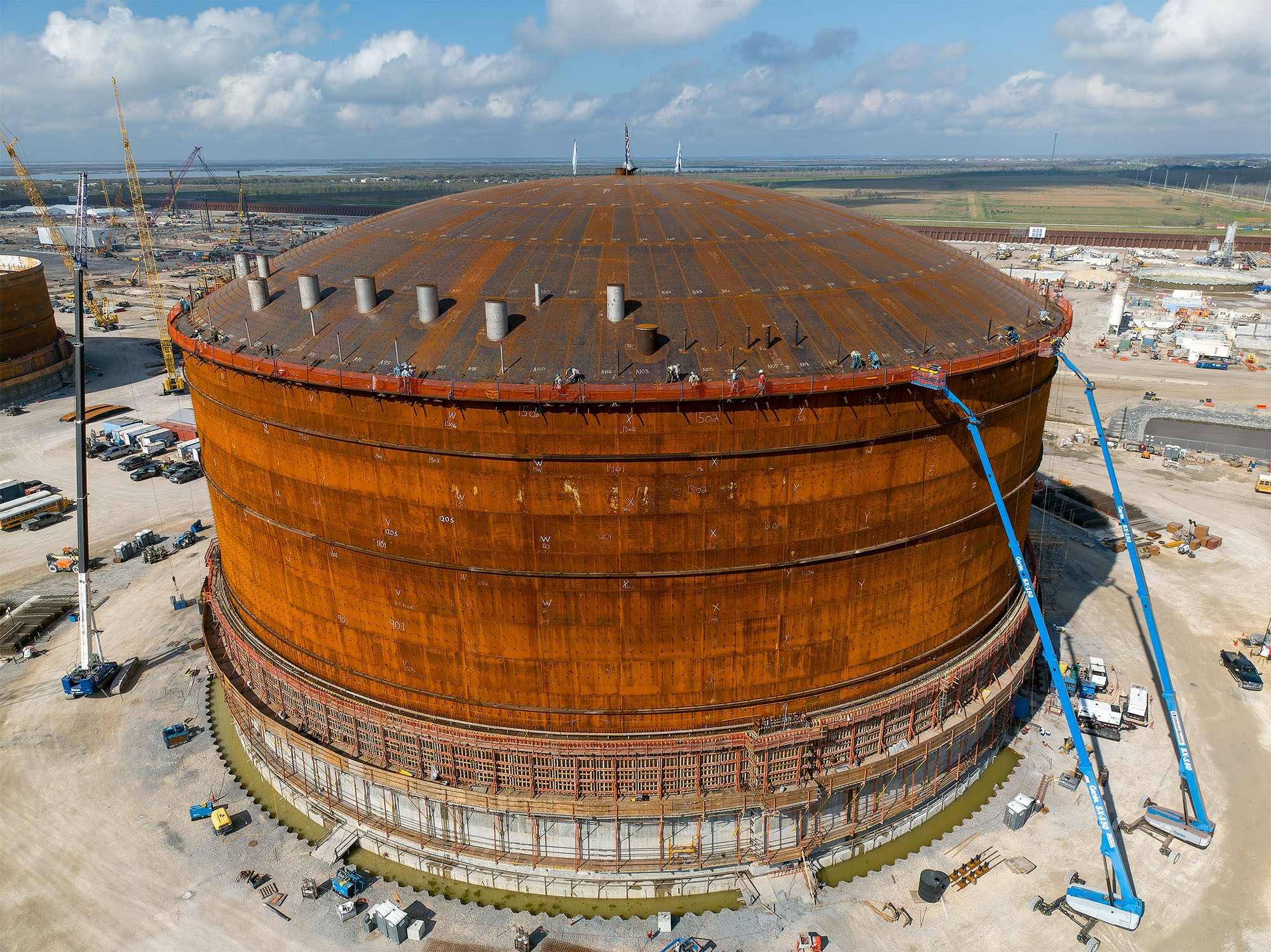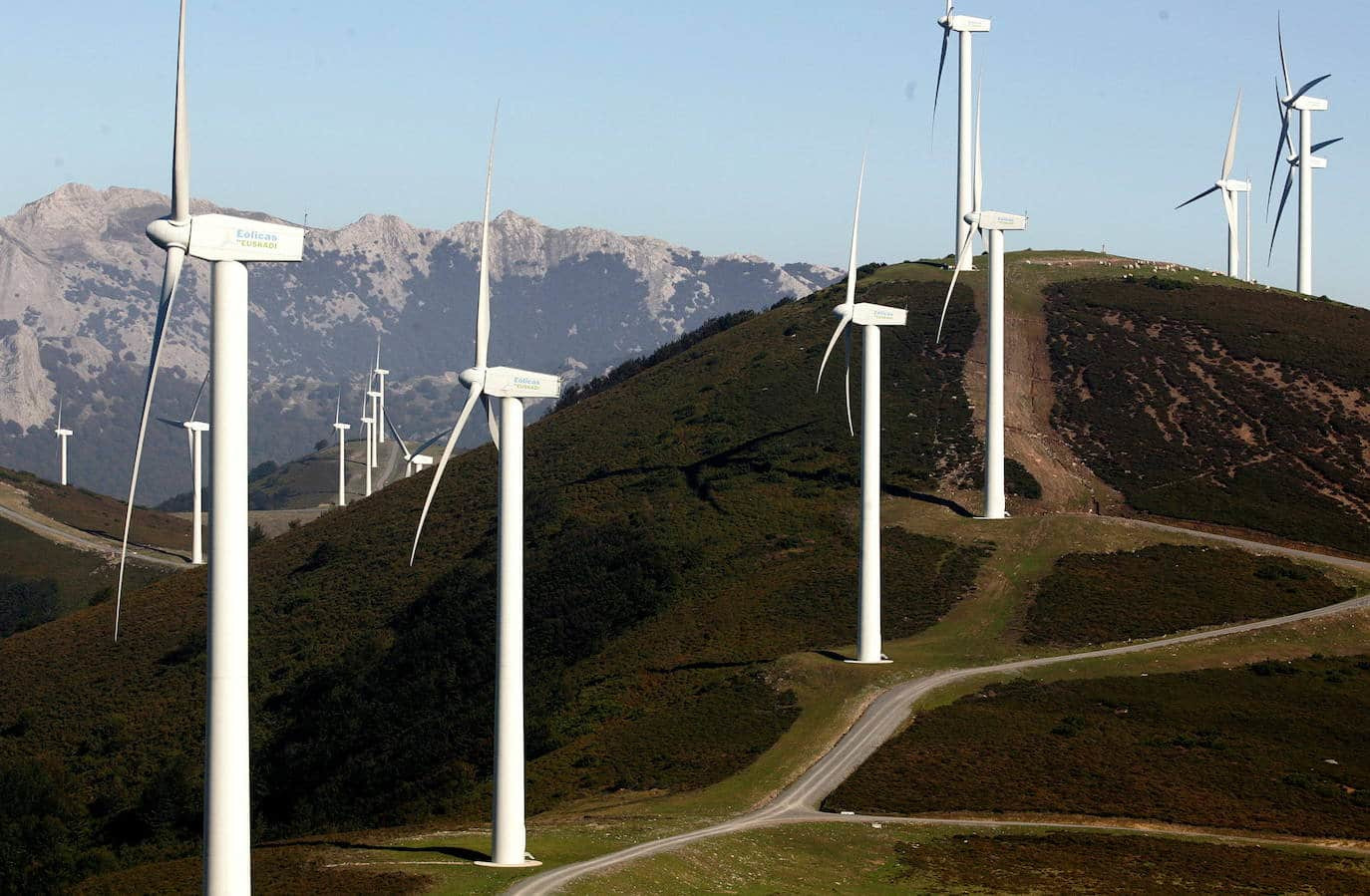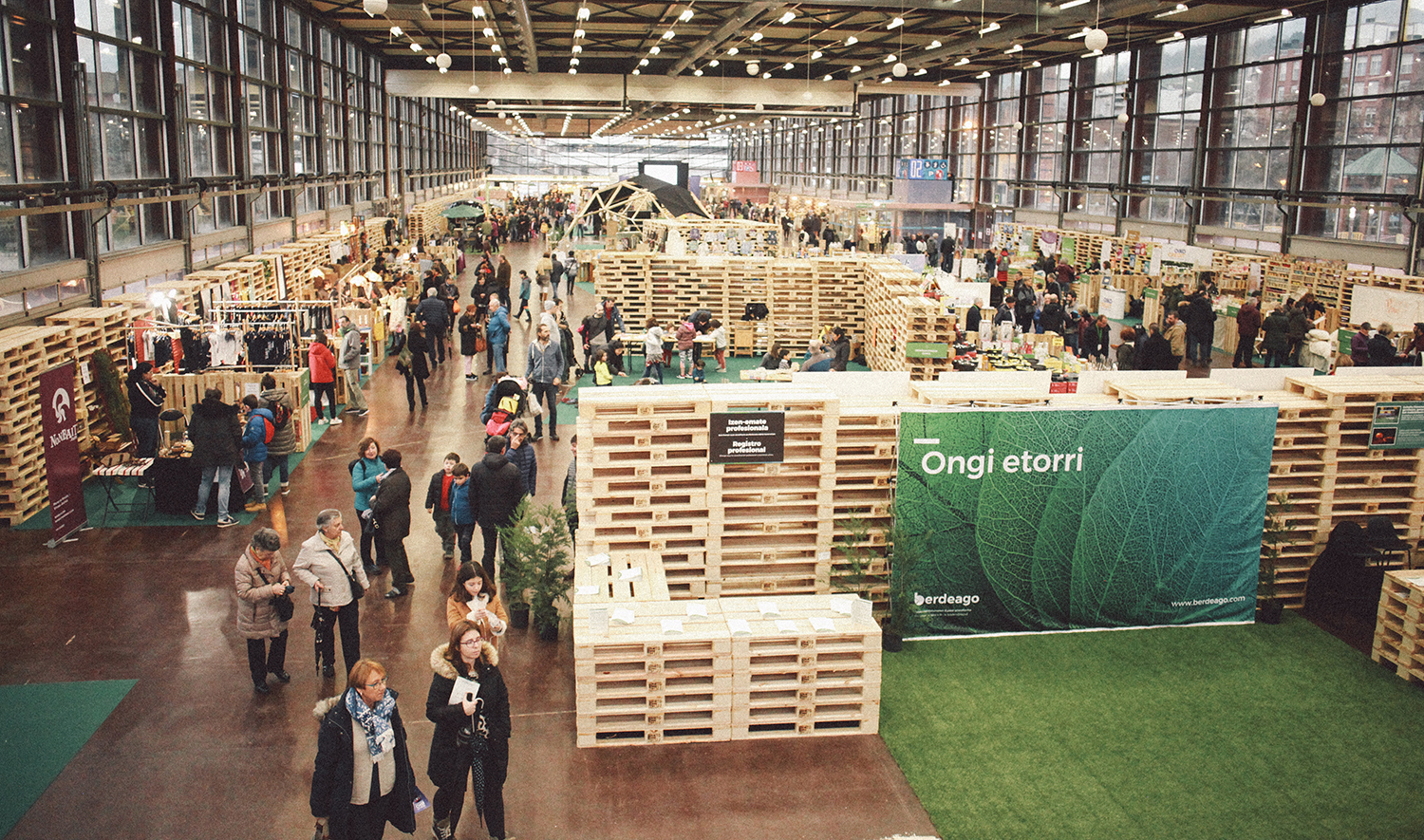TAV and electric car, when and to what extent?
- Transportation is one of the strategies to cope with the climate emergency. Proof of this is the investments made in recent years to transform the sector. For example, in people’s mobility, public policies have been driving high-speed trains and electric cars for years. However, these projects have not been implemented: Deadlines for the APR are extended over and over again and combustion motor cars remain the majority in comparison with electric motor cars.

Why has the TAV and the possibilities of the electric car not yet come true? And even if projects were carried out, i.e. the TAV and the electric car were to replace the combustion car, to what extent would they affect the objectives related to the climate emergency?
Experts in each area have answered these questions: Andoni Kortazar García and Leire Urretxo de la Fuente, respectively.
High-speed train in ecological transition
Andoni Kortazar García (Public Policies and Economic History, UPV. EKOPOL Research Group)
The world is experiencing an unprecedented environmental crisis with continuous high temperature records and an uncertain and disturbing future. Global warming and climate change are realities that require immediate attention and effective responses. In addition to long-term plans and actions, immediate and urgent action is needed. Consequently, according to the European Green Agreement (EU), the European Union has agreed to reduce greenhouse gas (GHG) emissions by at least 55% by 2030 compared to 1990 and to achieve emissions neutrality by 2050. Ambitious targets have therefore been set, but in the latest news they will not suffice.
Transport emissions account for one third of all greenhouse gas emissions in the Autonomous Community of the Basque Country, and instead of reducing them, they have increased considerably in recent years. Transport policy therefore plays a key role in mitigating climate change. Thus, in relation to a common strategy for sustainable mobility, the promotion of more environmentally friendly modes of transport has begun. It appears that the high-speed train (TAV) will fill this gap, as policy makers have often presented it as a means of sustainable transport, as an aid to achieve these environmental objectives or as an essential tool for the ecological transition of the country.
However, these alleged benefits come only from the analysis of the functioning of the network, not taking into account the environmental burdens associated with the construction and maintenance phases of the infrastructure. Analyses that do not quantify the impacts of infrastructure construction are very common to increase and therefore underestimate total life cycle emissions. The environmental burdens that this unique TAV project of passenger and freight transport will generate in the construction phase will not be scarce, so it is necessary to count from the point of view of transparency.
Our study, through life-cycle medicine (CVV), analyzes the environmental loads that the project will generate throughout its lifetime (including the construction and maintenance phases) in relation to greenhouse gases and energy consumption. The results conclude that the capacity of Basque Y to mitigate climate change, reduce energy consumption and reduce other environmental impacts is insufficient. In a context of global environmental crisis, this project, far from improving, can worsen.
The two factors that most influence this are: on the one hand, the mountainous terrain of the region requires the construction of larger and complex structures, which implies a higher consumption of resources and energy, and on the other hand, the low demand for transportation of the project. The demands for passengers and goods provided for in this project are far from those of other projects, which damages their environmental balance.
We can therefore conclude that the Basque Y distances us from the environmental objectives set between them and is not the means of transport necessary for the ecological transition of Basque society. The situation demands alternatives, solutions that in general mean a reduction in aggregate demand, such as the promotion of proximity in the transport sector to avoid the need for transport and the increase in the occupancy rates of the means of transport, among others.
Finally, it is worth recalling what the European Environment Agency said in 2020: “Current efforts to limit the impact of the sector on the environment and climate in Europe are not sufficient to achieve the EU’s long-term climate and environmental policy objectives.”
Low speed electric vehicle
Leire Urretxo de la Fuente (Electronic Engineer. Professor of Automotive in Vocational Training)
For a few years now we have been waiting for the presence of electric vehicles to be apparent in our cities, towns and roads. Many I thought, or perhaps they would have us believe, that the electric vehicle would replace the vehicle fleet that existed until now, that is, the combustion engine vehicles that pollute the environment, both petrol and diesel, would disappear. But the current reality is very different.
However, it seems that large automotive companies are increasing the production and marketing of electric vehicles, but not at the speed expected a few years ago. The sale of electric vehicles, albeit slowly, is increasing. Looking at sales data in March, for example, according to ACEA (European Automobile Manufacturers’ Association), 24.3% of cars sold have been hybrid and 13.9% have been elliptical.
Due to the climate crisis and the latest energy crisis, some countries have announced their firm intention to withdraw from the market combustion vehicles using fossil fuels in the very short term. The United Kingdom, for example, has a time horizon of 2030.
Faced with this intention and prediction, in the present reality there are no alternative lights to combustion vehicles. Concerning the technology of electric cars, manufacturing costs, the shortage of raw materials needed for the manufacture of electric motors and batteries, low autonomy and the lack of vehicle charging infrastructure make it difficult to completely replace these vehicles with combustion engines using fossil fuels.
At the moment, electric cars are very expensive and, from the point of view of their use, users who choose them will have problems. On the one hand, the average autonomy of electric vehicles available on the market is 250 to 300 kilometres. On the other hand, if we look at the charging infrastructure, connected to the normal power supply we have in our homes, the battery takes about 10 hours to charge, and if we don't have any other consumer device connected with a contracted conventional power, this is a problem for many users. Therefore, in addition to the economic effort involved in buying a new car, account must be taken of these inconveniences of the lack of autonomy and the load point.
In order to resolve this situation, major investments in charging infrastructure for electric vehicles are being made in most of the countries of the European Union, but at the moment they would not be enough if the millions of vehicles we currently have on roads were electric.
On the other hand, given that all this has as its primary objective to promote environmental protection and reduce pollution levels, there are doubts about the carbon footprint of electric vehicles, and there is still a long way to go in research into the reuse and recycling of batteries.
I would therefore dare to say that we are not going to see a massive influx of electric vehicles, although at present it seems that it is intended to replace diesel and petrol vehicles. It will not be a rapid change, and in other technologies such as hydrogen stack, fuel symptoms, etc., automotive industries will have to take significant steps if they want to maintain their current economic potential.
However, we may not forget that all these technological developments will be in the interests of governments and companies with great economic power. If it is up to us, ordinary users, to protect our environment and pollute less, it would perhaps be more effective if we started making changes on our own in social organization, consumption habits and mobility models.
On 19 March, in the Alondero room in Zestoa, we had an interesting round table on the energy transition organized by the community and renewable energy cooperative Argiola.
The round table was entitled “Energy transition, how?” and for this purpose the organizers invited... [+]
"Elite ekonomiko baten pribilegioak iraunarazten diren aldi berean, konponbide faltsuak eskaintzen dizkigute, egiazko konponbideek beharko luketena onartu gabe: oligarkia energetikoa erabat auzitan jartzea, hazkunde ekonomikoaren aginduarekin haustea, gure eredu produktibo... [+]












